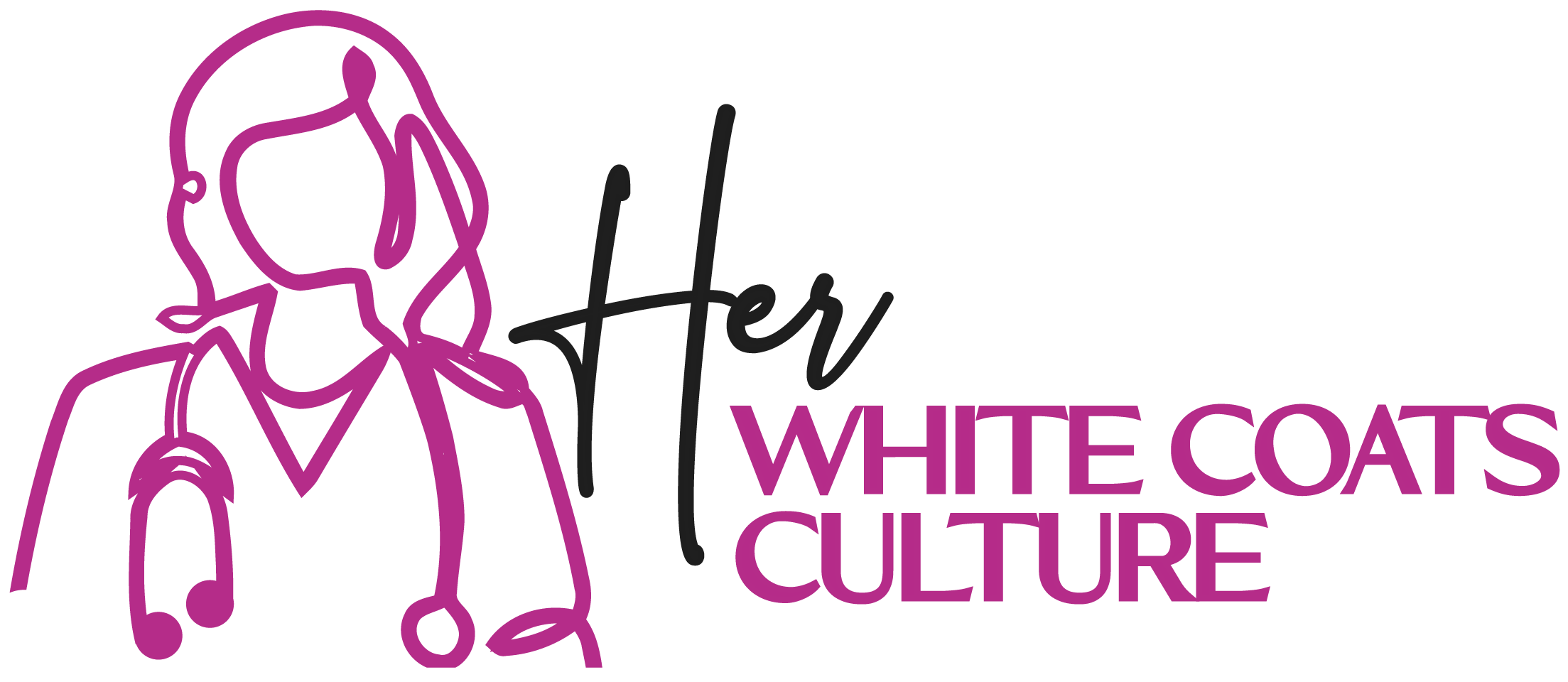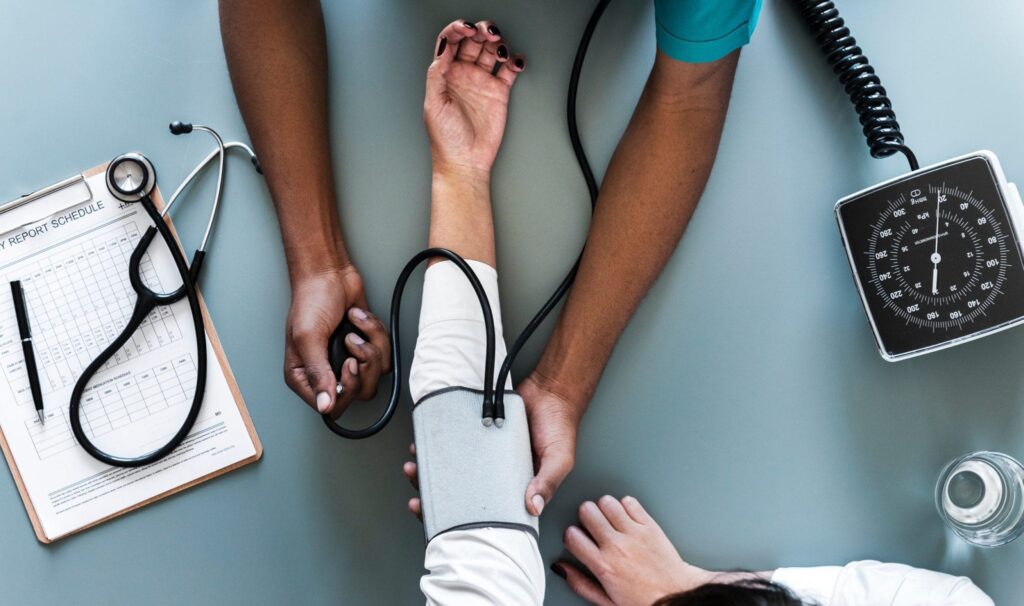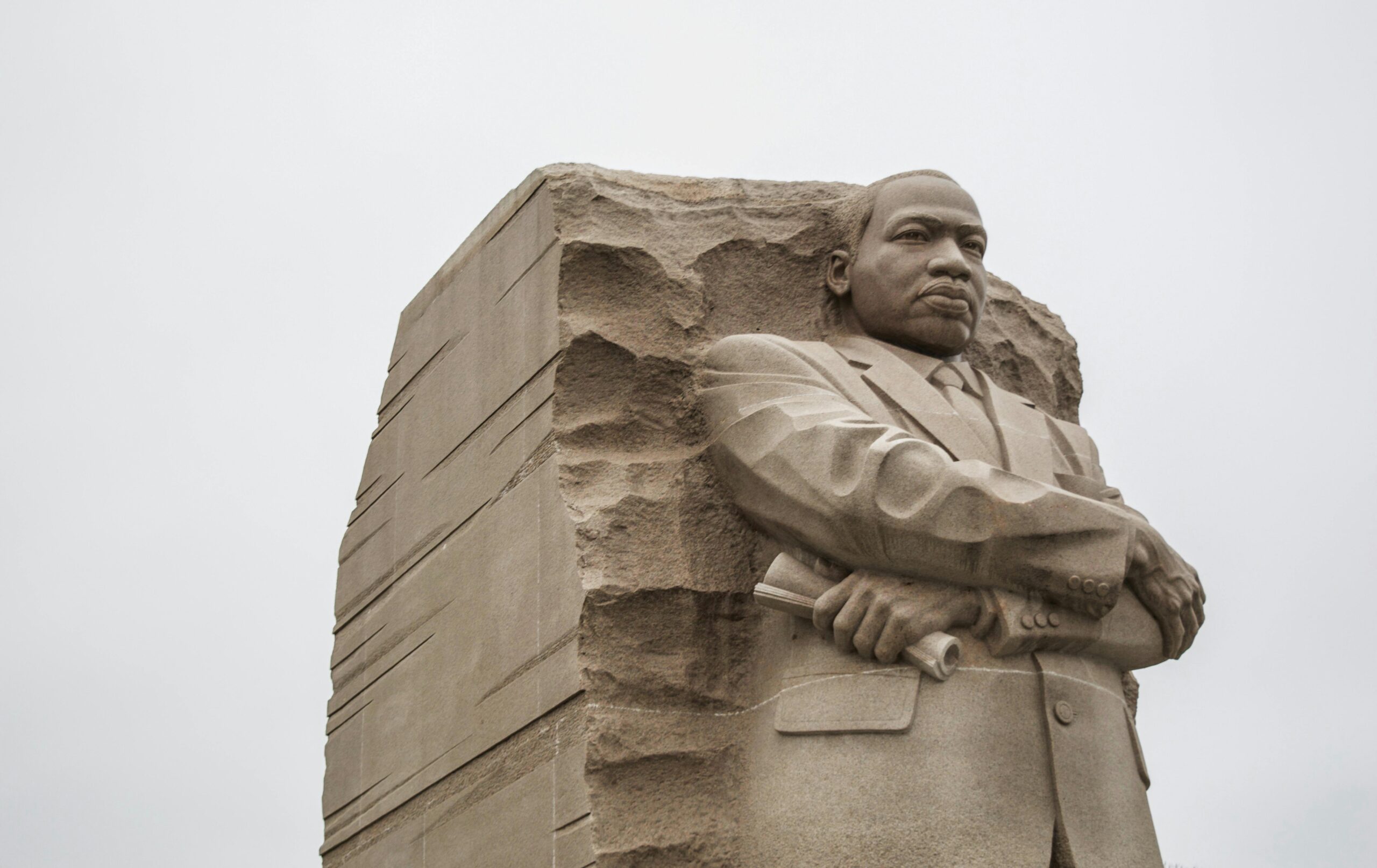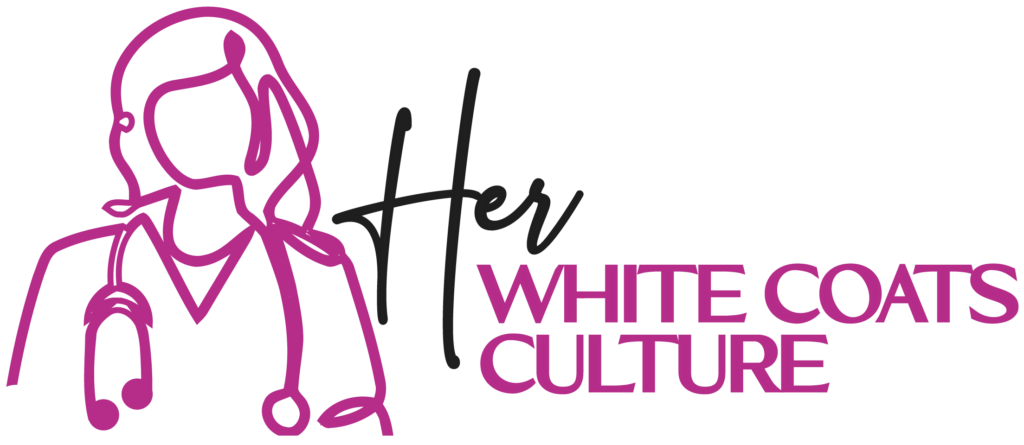As physicians we learn how to treat disease, how to ask questions in order to obtain an accurate history, we typically deal with patients who require terminology to be in “layman’s” terms so that they may understand the complex nature of the physiology that we are trying to explain. But what, if anything, needs to be done differently when the person sitting in that hospital bed is a colleague or someone that understands the pharmacology better than you do? With experience and practice, we truly learn how to “care” for patients, actually, care about the person sitting in front of us. Their day to day activities, what they do or did for a living, how many children they have and their hobbies. I, like most, learned how to care for the disease I was treating and less for the person sitting in front of me as a medical student and resident.
Caring seems to be a trait that most think we are born with. When you really stop and think about it, empathy does not come naturally for most. Sympathy, however, is an easier skill to acquire, but I feel not nearly as sufficient. When are you expected to acquire the skill of empathy? As a system, we would like to believe that students that are chosen already have this skill, but there is no way to truly gauge this during an interview, and should a candidate not be hired because an interviewer subjectively feels the student does not have the ability to empathize?
Where and when, if ever is empathy acquired? You are a student, learning a massive amount of information and how to put it together. Then you are a resident, continuing to learn both how to determine the best medical treatment plan as well as learning procedures, how to document and teaching others. You then become an attending and you start taking care of other physicians and professionals and you are just supposed to know how to do this.
We do not know. We do our best balancing the various aspect of our work. Do we treat other healthcare professionals in the same manner as our other patients? Are we more aware of our tone and the way we speak, do we assume the person understands the situation without as much explanation as we would offer a non-medical patient? Do we refrain from oversimplifying information to prevent causing offense? Is this an issue specific to taking care of our colleagues or do we generally need to be better about the way we communicate with everyone?
There are challenges when taking care of other healthcare professionals and their families, whether they be physicians, nurses or pharmacists. I do my best to speak to everyone in the same way, but when you have a patient that has a certain degree of medical knowledge you tend to take that into account, to some degree likely mostly subconsciously. You tend to take their opinions into a greater degree of consideration because they have the knowledge to help understand and make decisions. This, however, can be problematic as in the situation you are the only truly objective person. The patient or patient’s family is unable to be completely objective.
We need to be taught how to improve communication with our patients and I believe to be taught specifically how to take care of one another. We could simply continue as we have been, learning on the job and stumbling until we work out a method that works for us, or we could actually look into this complex issue of taking care of our colleagues and train our students and residents to provide the best care possible.
Jazbeen Ahmad, MD is a hospitalist living in Waco Texas, she is a mother of two toddlers and an aspiring writer. She can be followed on twitter @jabeena





